Summaries of books about Astronomy & Astrophysics:

Ultimate Star Wars New Edition
The Definitive Guide to the Star Wars Universe
Adam Bray|Cole Horton|Tricia Barr|Ryder Windham|Daniel Wallace
This comprehensive guide delves into the expansive Star Wars universe, providing detailed information on characters, vehicles, weapons, and locations. It includes timelines, story arcs, and behind-the-scenes insights from the films, animated series, novels, comics, and video games up to its publication date.
See full summary
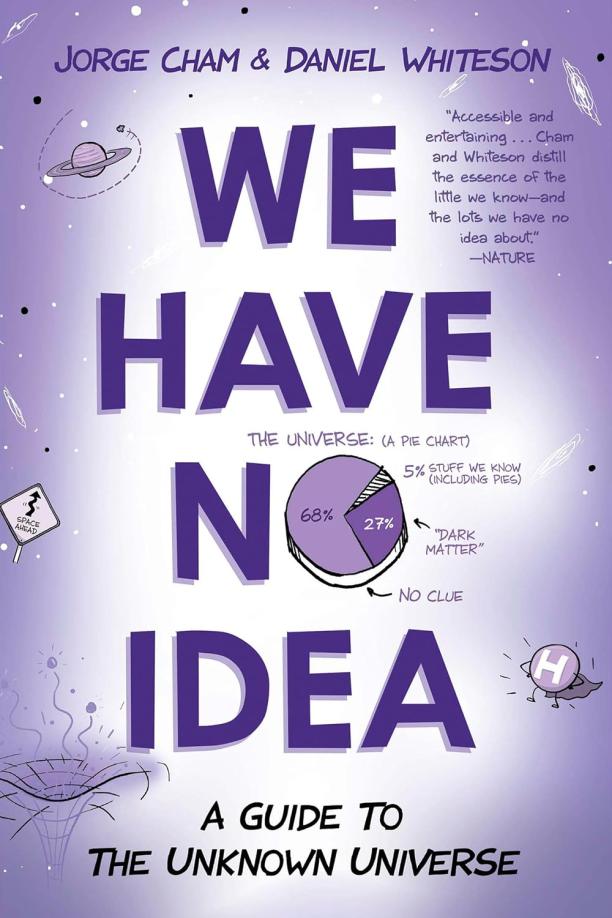
We Have No Idea
A Guide to the Unknown Universe
Jorge Cham|Daniel Whiteson
The book explores the vast swathes of unknowns in modern physics and cosmology, humorously addressing the many unanswered questions about the universe, from the nature of dark matter and dark energy to the mysteries of quantum mechanics. It combines accessible explanations, infographics, and cartoons to engage readers in the fascinating puzzles that scientists are still trying to solve.
See full summary
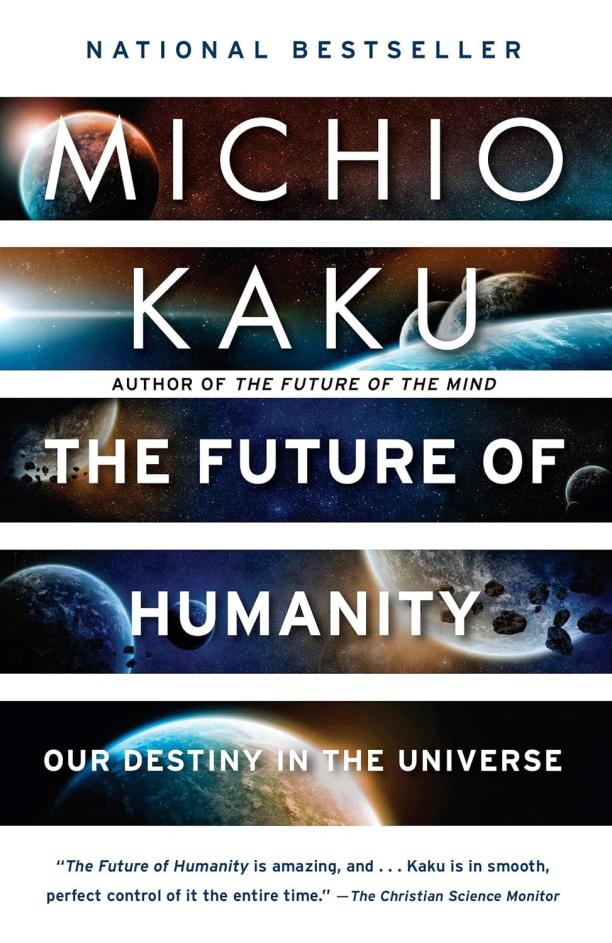
The Future of Humanity
Terraforming Mars, Interstellar Travel, Immortality, and Our Destiny Beyond Earth
Michio Kaku
The book explores the scientific possibilities and challenges of colonizing Mars, traveling to other stars, and achieving immortality through advancements in technology. It discusses the potential future of human civilization as it expands beyond Earth, delving into topics like terraforming, space elevators, and artificial intelligence.
See full summary
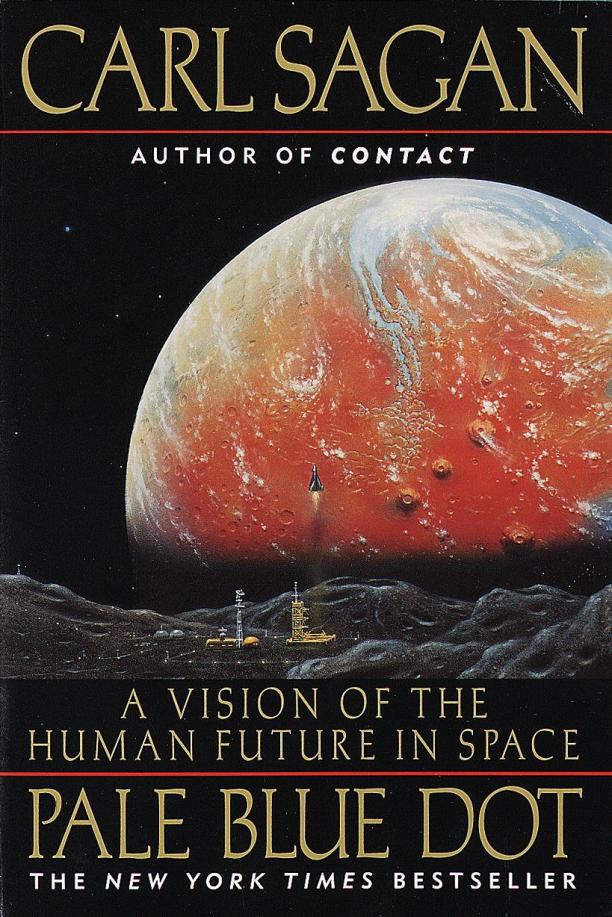
Pale Blue Dot
A Vision of the Human Future in Space
Carl Sagan|Ann Druyan
The book explores the significance of the iconic photograph of Earth taken by the Voyager 1 spacecraft, using it as a springboard to discuss humanity's place in the universe and the future of space exploration. It provides a compelling vision of the potential for human civilization to expand beyond Earth, while also reflecting on the fragility and unity of life on our home planet.
See full summary
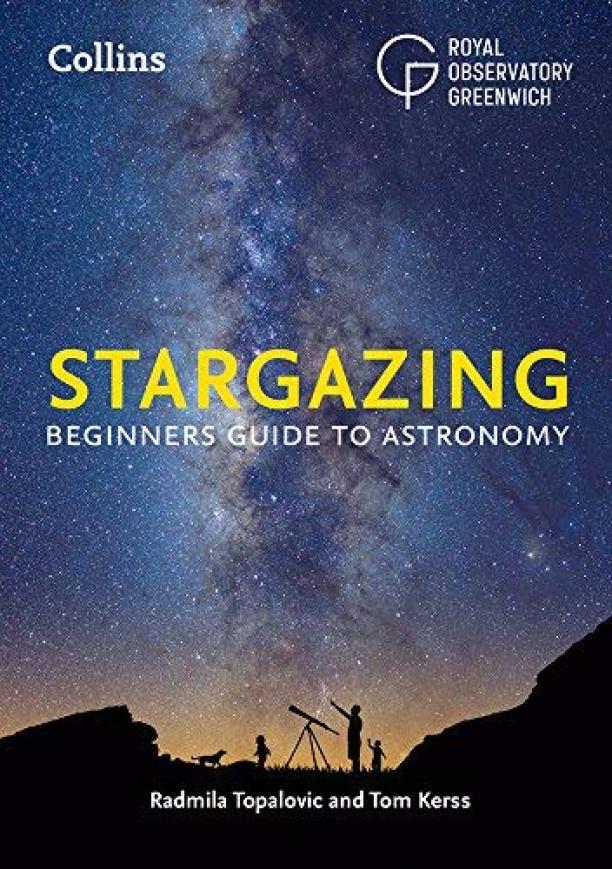
Collins Stargazing
Beginners guide to astronomy
Royal Observatory Greenwich|Radmila Topalovic|Tom Kerss
The book serves as an introductory guide to astronomy, providing practical advice on how to observe the night sky, including tips on choosing and using telescopes and binoculars. It also offers a month-by-month guide to the celestial highlights, with star charts and profiles of constellations, planets, and other astronomical phenomena.
See full summary

A Briefer History of Time
The Science Classic Made More Accessible
Stephen Hawking|Leonard Mlodinow
The book simplifies and condenses the key concepts of time and the universe from Hawking's original work, making complex theories like relativity, quantum mechanics, and cosmology more understandable to a wider audience. It discusses the nature of space-time, black holes, the Big Bang, and the possibility of time travel, while eliminating the more technical details and equations found in the longer version.
See full summary
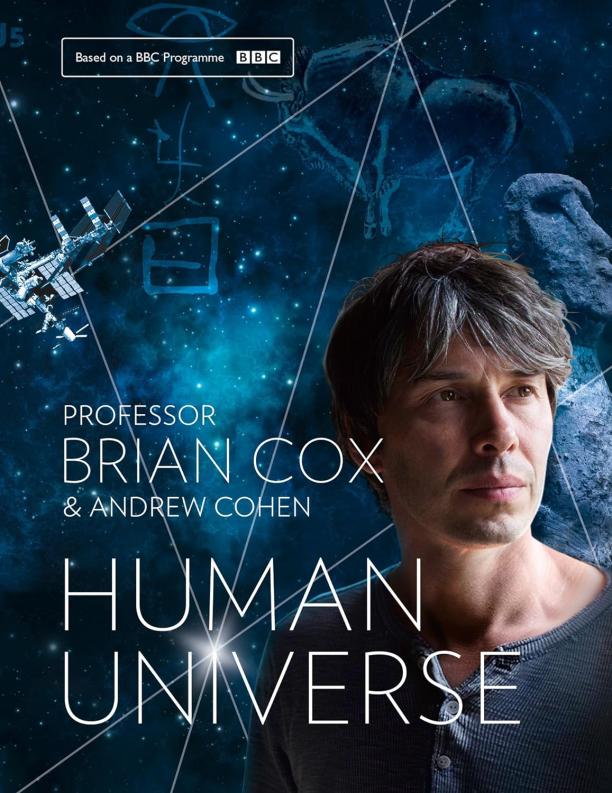
Human Universe
Professor Brian Cox|Andrew Cohen
The book explores the complexities of the cosmos and humanity's place within it, examining scientific concepts and the nature of human life through the lens of physics, astronomy, and biology. It delves into the origins of the universe, the evolution of life on Earth, and the potential for life elsewhere, while reflecting on the profound questions of existence and our quest for knowledge.
See full summary
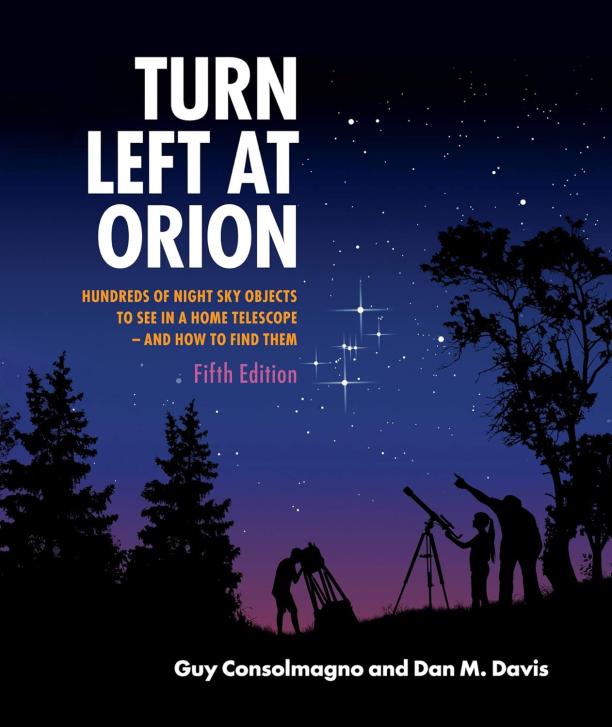
Turn Left at Orion
Guy Consolmagno|Dan M. Davis
The book serves as a guide for amateur astronomers, providing detailed charts and instructions on how to locate and observe celestial objects with a small telescope. It includes descriptions and viewing tips for planets, star clusters, nebulae, galaxies, and more, tailored for different seasons and hemispheres.
See full summary
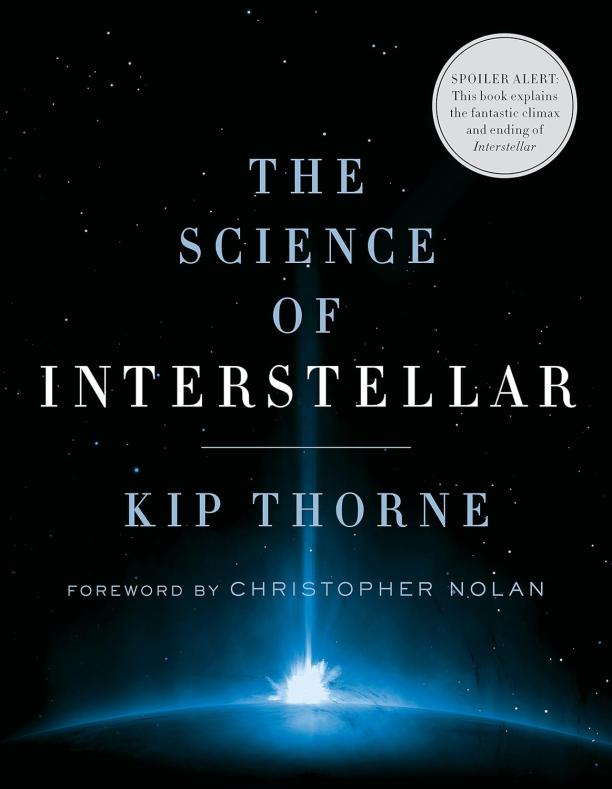
The Science of Interstellar
Kip Thorne
The book explores the scientific theories and physics principles that underpin the events and concepts depicted in the film "Interstellar," such as wormholes, black holes, and the nature of time. It provides insights into the collaboration between scientists and filmmakers to ensure the movie's portrayal of complex astrophysical phenomena was grounded in real science while still serving the narrative.
See full summary
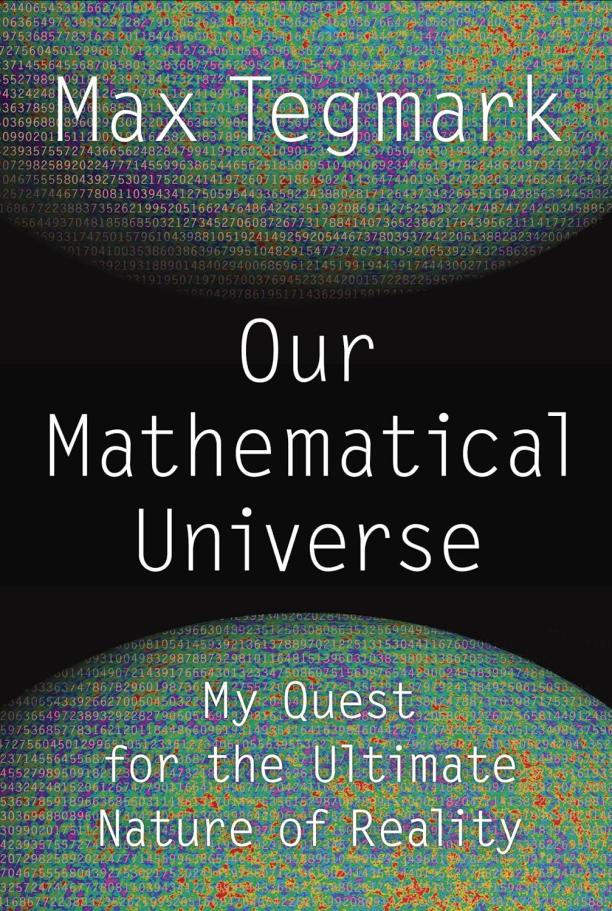
Our Mathematical Universe
My Quest for the Ultimate Nature of Reality
Max Tegmark
The book explores the hypothesis that physical reality is a mathematical structure, delving into the implications of this theory for the nature of the universe and our place within it. It discusses the multiverse, quantum mechanics, and the role of mathematics in understanding the cosmos, proposing a radical framework for considering reality's fundamental essence.
See full summary